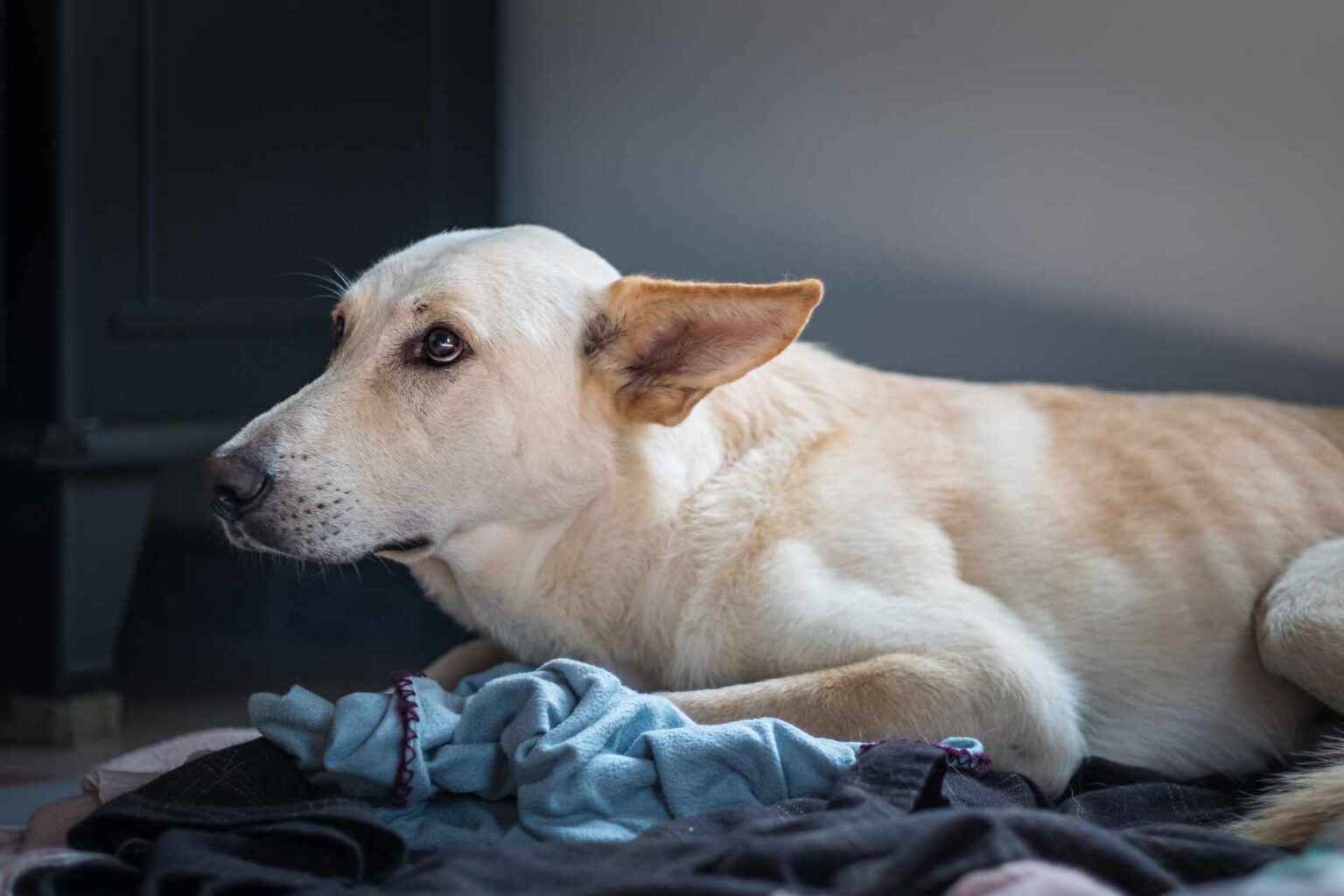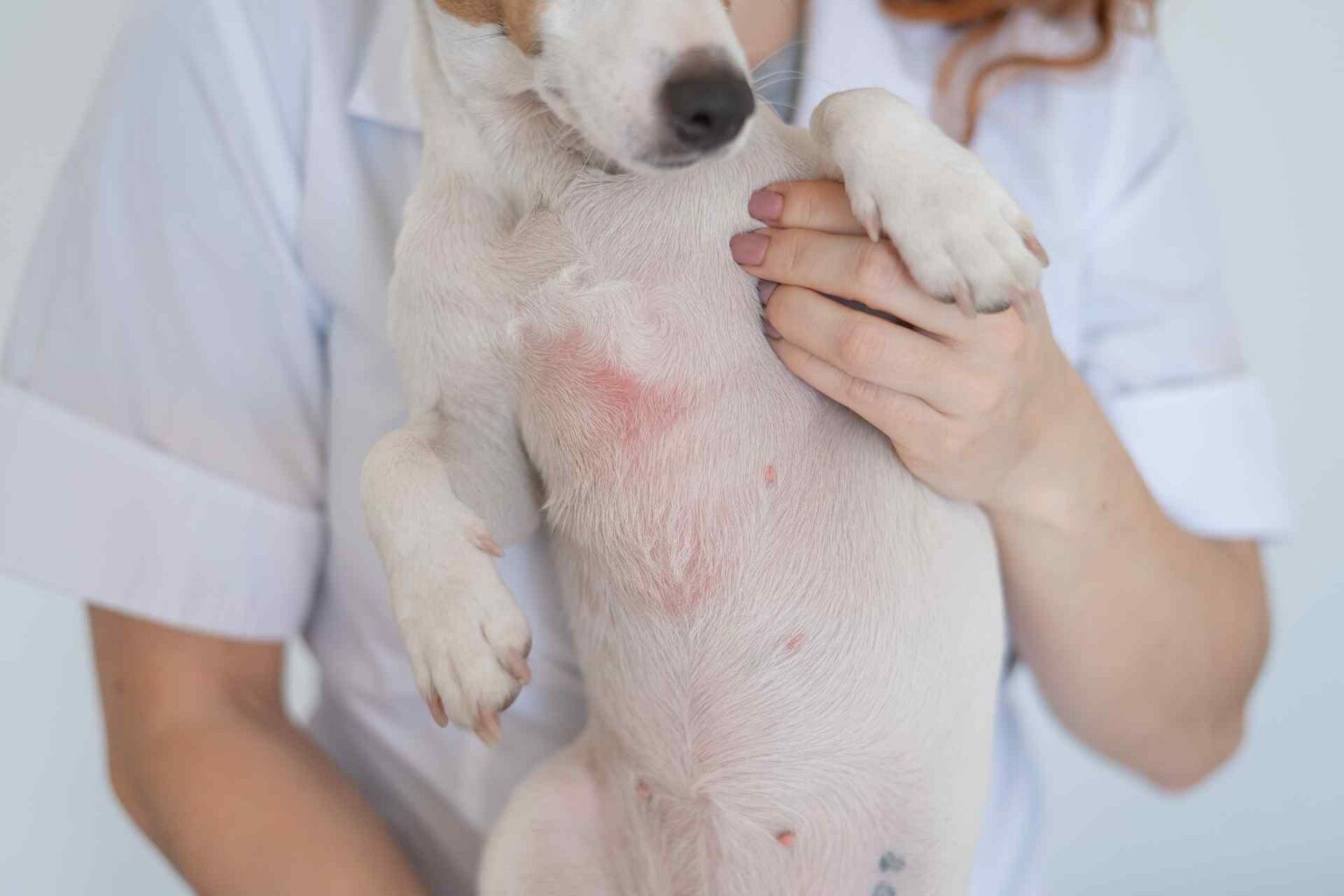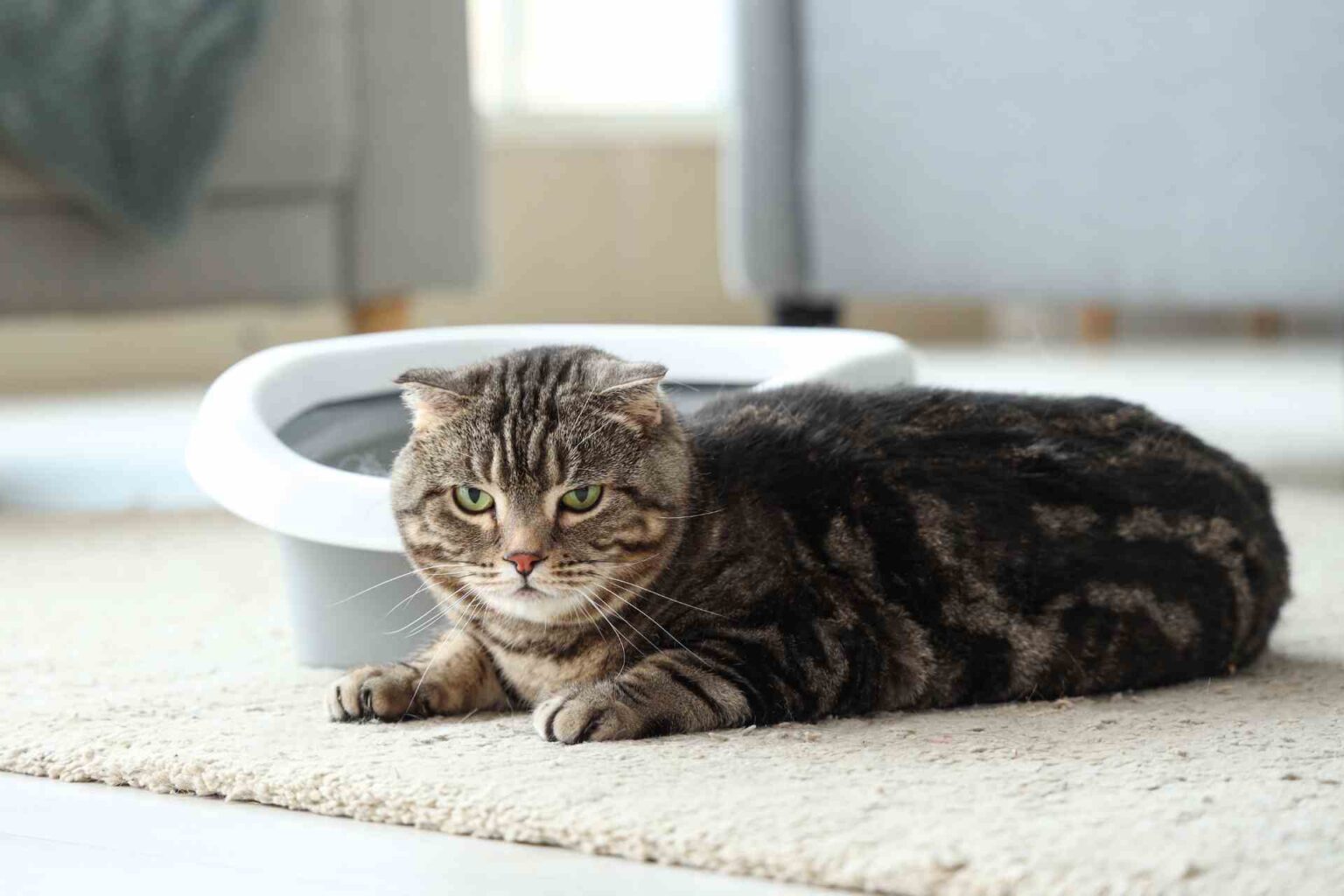Often attributable to infestation by parasites such as Trichuris vulpis or stress leading to Clostridium perfringens overgrowth and enterotoxin production, acute diarrhea originating in the large intestine is a common symptom among dogs living in kennels.
Generally, when faced with enteritis, a fiber-rich diet is thought to be indicated, but the type of fiber and the right balance between fibers with different characteristics are also aspects that should not be underestimated .
Not all fibers, in fact, produce the same effects on stool. Insoluble ones, for example, absorb water from liquid stools by increasing fecal mass and consistency and are commonly used in cases of diarrhea, while soluble ones have an osmotic effect and draw water into the lumen, making stools more liquid.
Both increase fecal mass, but many soluble fibers are fermentable by the microbial population and can act as prebiotics, going on to fuel the production of short-chain fatty acids, which are an energy source for colonocytes.
In any case, while the possible benefits of different dietary fibers have been explored in detail by numerous studies conducted on dogs with chronic colitis, there are not as many findings in the literature concerning acute colitis in kennel-housed animals, and specific trials testing commercially available food in this indication are lacking.
Mix of soluble and insoluble fiber
At Colorado State University in Fort Collins, a randomized trial was then conducted on a group of kennel-housed dogs with acute colitis that investigated the effects of a special commercial petfood with a high concentration of soluble and insoluble fiber compared with a similar product with a standard fiber content.
Twenty-two dogs with acute diarrhea originating in the large intestine were involved in the work, and at the end of the study, it was found that all animals fed the high-fiber diet had a significant reduction in symptoms (fecal score < 5), with a significant benefit (P <0.04) compared with animals that had consumed the standard food (6 of 11; 55%; 95% CI: 23-83).
The proportion of stools characterized by a fecal score > 4 was also higher (P = 0.0001) in the group fed the standard diet (29 out of 48 samples; 60 percent; 95 percent CI: 45-74) than in the group that consumed the high-fiber petfood (8 out of 50 samples; 16 percent; 95 percent CI: 7-29).
Probiotic also intervenes with the microbiota
In the study was shown that the most obvious difference between the two diets was represented by the soluble and insoluble fiber concentrations, which in the high-fiber petfood were 7.6 and 2.8 times higher, respectively, and it is this factor that would account for the results, confirming the usefulness of this kind of approach in cases of acute diarrhea originating in the large intestine.
An effect on the microbiota is also hypothesized: as per kennel protocol, all dogs with diarrhea were in fact given metronidazole, which with the addition of the probiotic Enterococcus faecium SF68 improves clinical score in cases of diarrhea originating in the large intestine compared with treatment with antimicrobial alone. The probiotic approach also yields better results in cases of hemorrhagic enteritis in which C. perfringens involvement is suspected.
Reference
Reference: Lappin MR, Zug A, Hovenga C, Gagne J, Cross E. Efficacy of feeding a diet containing a high concentration of mixed fiber sources for management of acute large bowel diarrhea in dogs in shelters. J Vet Intern Med. 2022;36(2):488-492. doi:10.1111/jvim.16360











